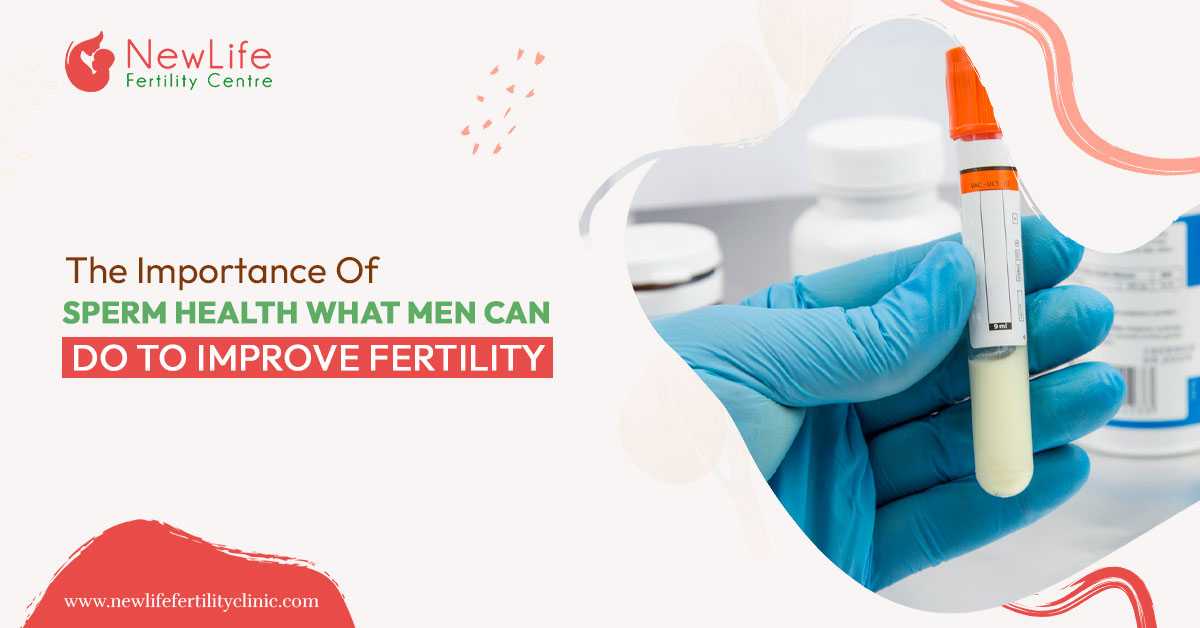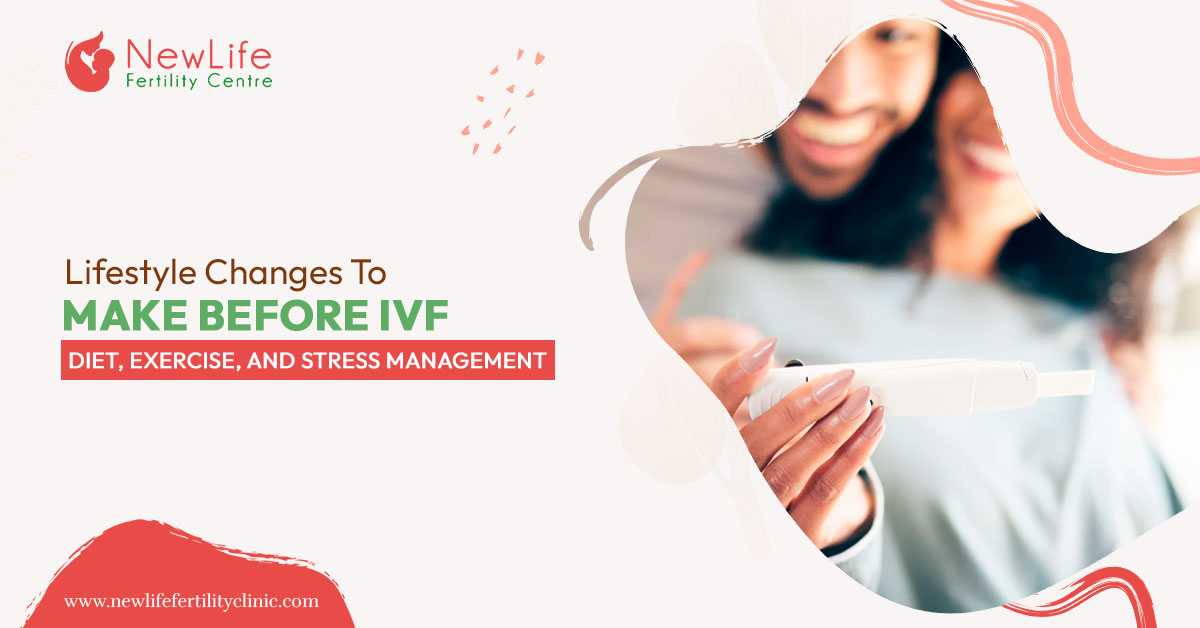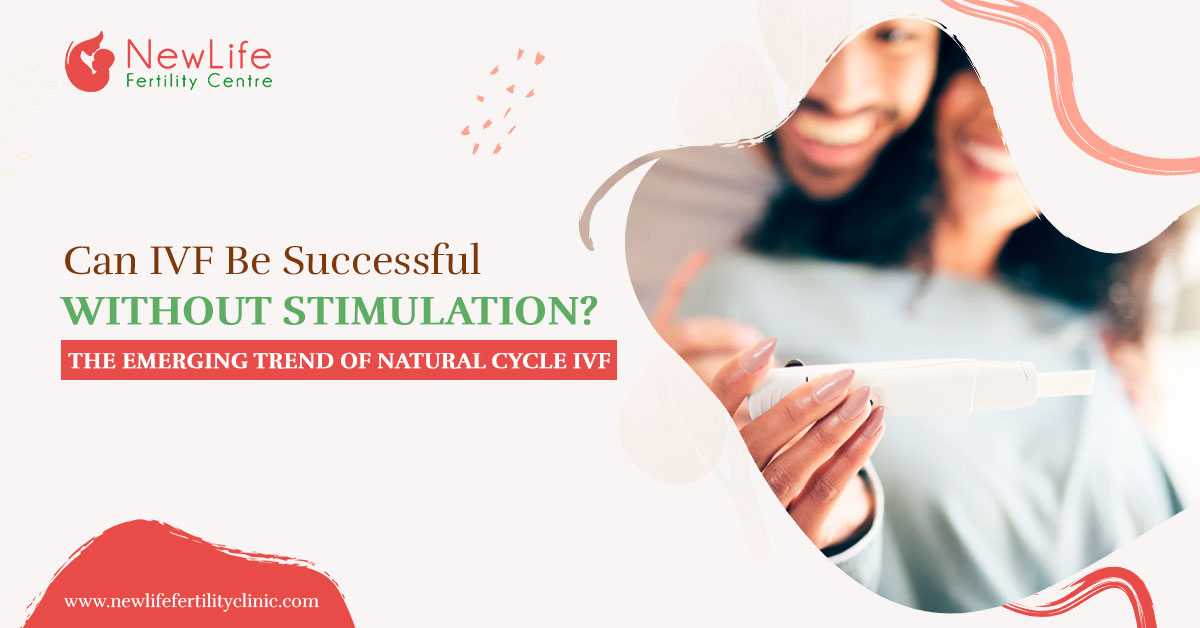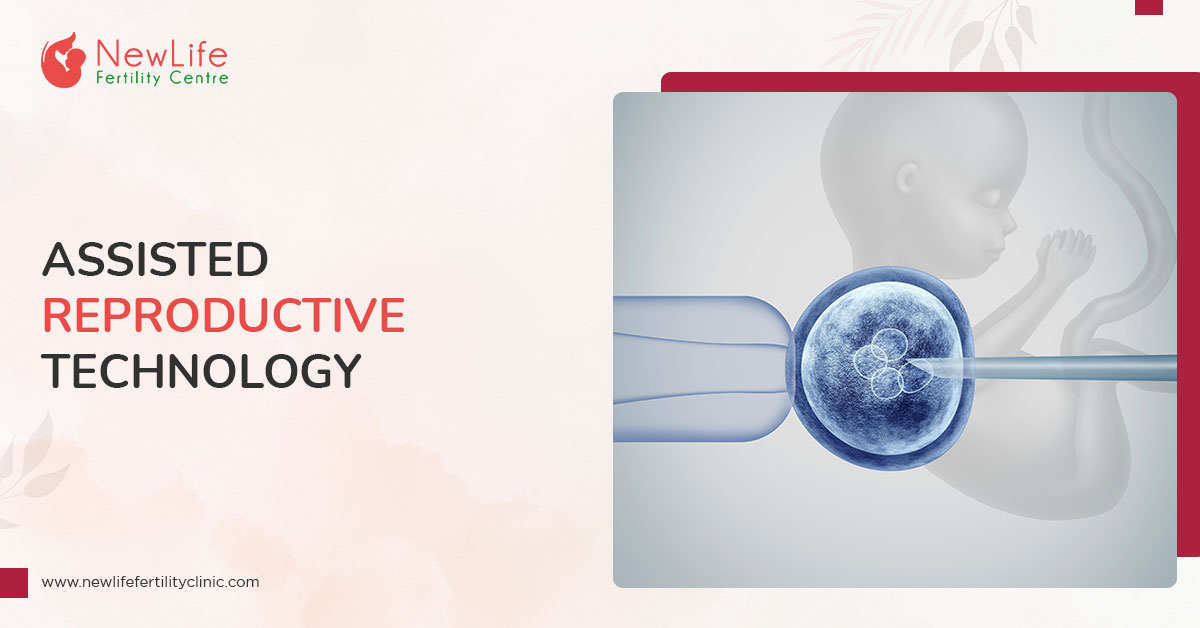Assisted reproductive treatment (ART), also referred to as Assisted Reproductive Technology and refers to advances in treatment techniques for infertility to assist couples in achieving a pregnancy. ART covers a good spectrum of treatments. Counting on the explanation for infertility, the IVF technology subsequent sorts of ART treatment are:
- Ovulation Induction
Ovulation induction could also be employed by women who arent ovulating or arent ovulating regularly. Ovulation induction involves taking a hormone medication (tablet or injection), which stimulates the assembly of FSH. This encourages the event of 1 or more follicles. When the follicles are large enough, another hormone is run which releases the egg from the follicle. If the couple has intercourse around this point, the probabilities of conception are greatly increased.
- Artificial Insemination
Artificial insemination also referred to as intrauterine insemination (IUI) is employed to treat women who have normal and healthy fallopian tubes, except for unknown reasons that cannot conceive. This might flow from mechanical difficulties with intercourse, for instance, a person isnt ready to achieve an erection or has structural problems of the penis after trauma or surgery. AI may additionally be used when semen has been frozen thanks to a male partner's absence or before cancer treatment.
The process of AI involves the insertion of a male partner's semen through the female's cervix and into the uterus at or simply before the time of ovulation. AI is often performed during a natural cycle or together with ovulation induction if the lady has irregular menstrual cycles. Only doctors can perform AI under the Assisted Reproductive Treatment Act 2008, although an individual isnt prevented from performing self insemination. If pregnancy isnt achieved after a couple of AI attempts, the utilization of IVF technology or ICSI could also be discussed.
- In Vitro Fertilization
In vitro fertilization (IVF) means fertilization outside the woman's uterus. IVF is the best ART. its often used when a woman's fallopian tubes are blocked or when a person produces too few sperm. Doctors treat the lady with a drug that causes the ovaries to supply multiple eggs. Once mature, the eggs are far away from the lady. theyre put during a dish within the lab alongside the man's sperm for fertilization. After 3 to five days, healthy embryos are implanted within the woman's uterus.
- Intracytoplasmic sperm injection
Intracytoplasmic sperm injection (ICSI) is usually used for couples during which there are serious problems with the sperm. Sometimes its also used for older couples or for those with failed IVF technology attempts. In ICSI, one sperm is injected into a mature egg. Then the embryo is transferred either into the uterus or Fallopian tube.
There are several ways in which donor sperm, eggs or embryos are often utilized in ART treatments.
- Donor Insemination
Donor Sperm
Donor insemination (DI) could also be used when:
- A male partner doesnt produce sperm,
- A male partner doesnt produce normal sperm, or
- There is a high risk of a person passing on a genetic disorder or abnormality to a toddler.
Donor insemination can also be employed by single women and ladies in same-sex relationships. The method of donor insemination is the same as AI.
Donor eggs
Treatment with donor eggs is feasible if:
- A woman cannot produce eggs or her eggs are of inferiority. This might occur thanks to age or premature ovarian failure (where the lady does not produce mature eggs for ovulation).
- A woman has experienced several miscarriages, or there is a high risk of the lady passing on a genetic disorder or abnormality to a toddler.
In these cases, the egg donor undergoes hormone stimulation to supply multiple eggs. When the eggs are mature theyre retrieved and sperm from the recipients partner or a donor is added to the eggs. Two to 5 days later, when embryos are formed, an embryo is inserted into the recipient woman's uterus. The recipient woman may take hormones in preparation for the embryo transfer, and for about 10 weeks after the embryos are transferred.
Donor embryos
Donor embryos are often used if an individual or couple requires donor sperm and donor eggs to realize a pregnancy. Although rare, some people prefer to donate frozen embryos that they do not need (after IVF procedures, for example) to be used by others undergoing IVF. When the recipient woman is prepared, embryos are thawed and transferred to her uterus.
ART treatments are the most accepted solutions to infertility. With the evolving technologies every day, infertile couples have really less to worry about.




